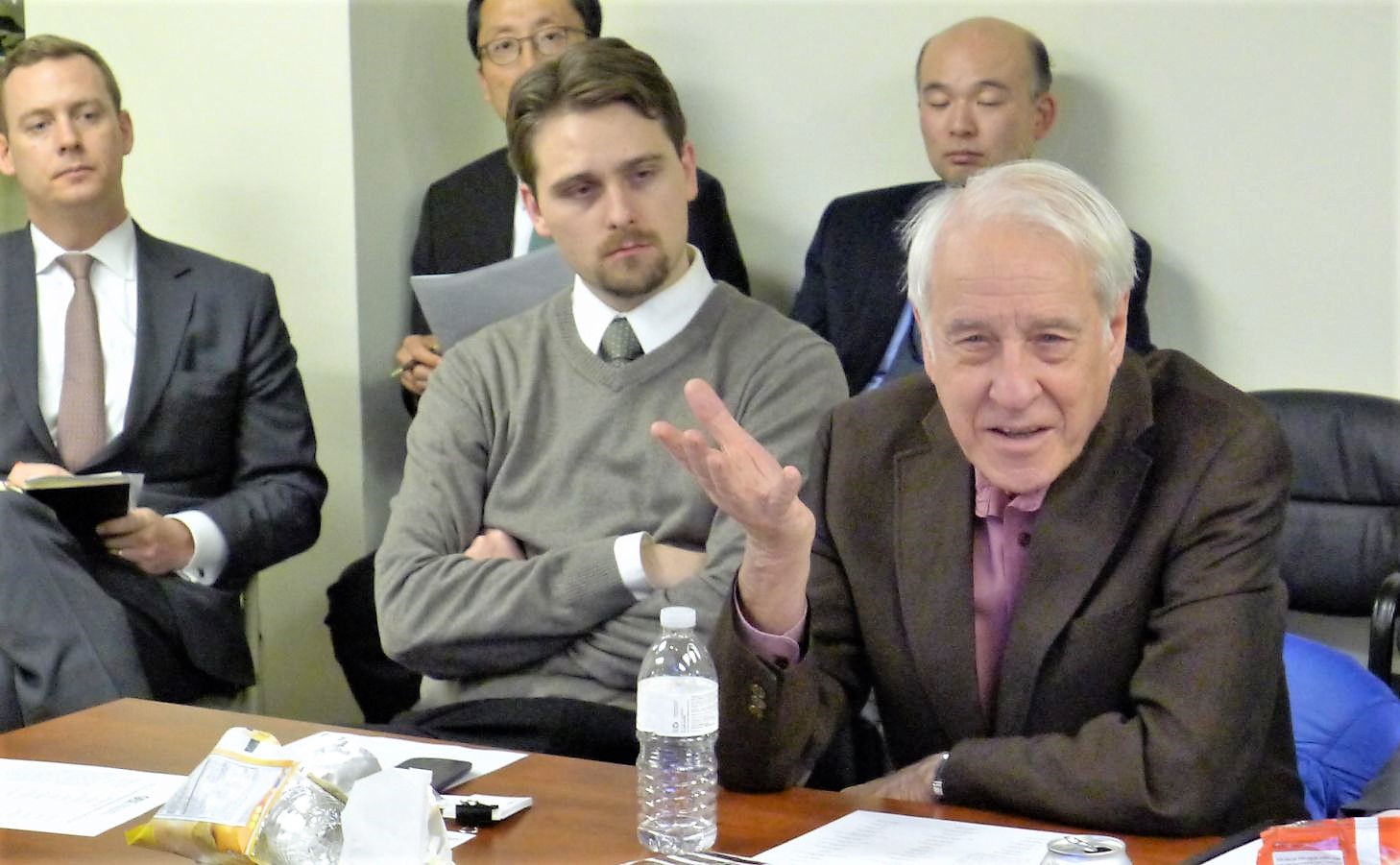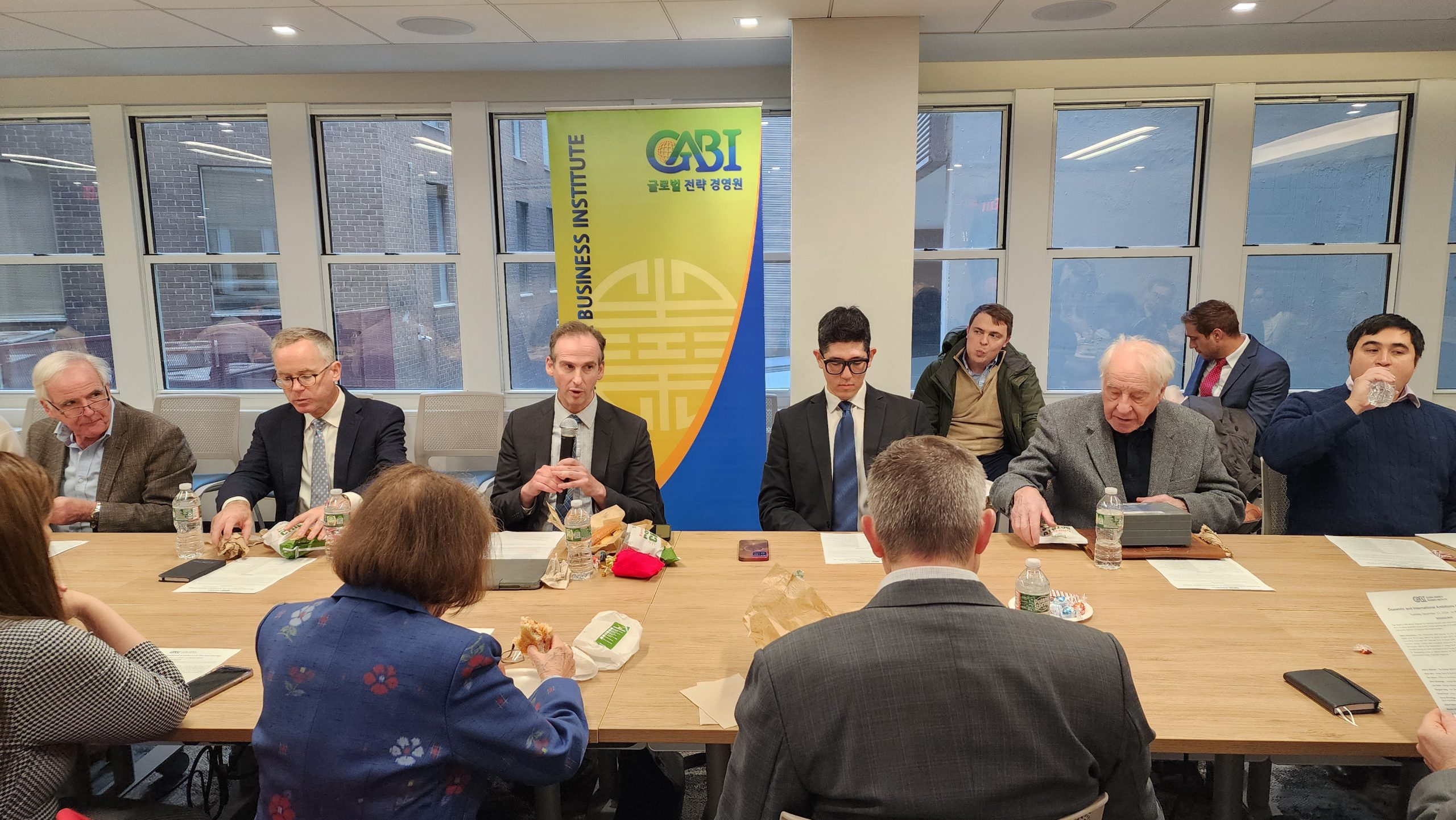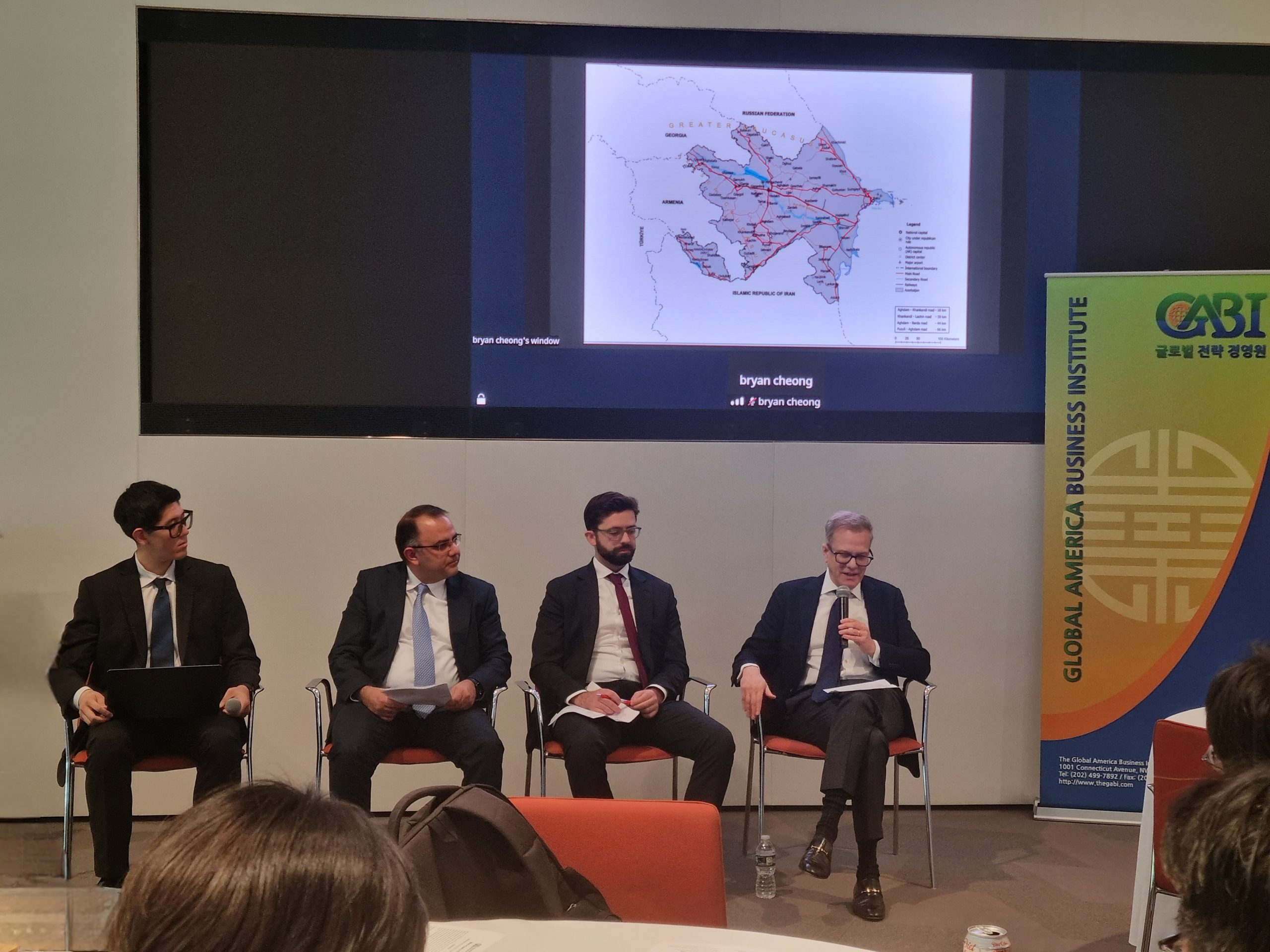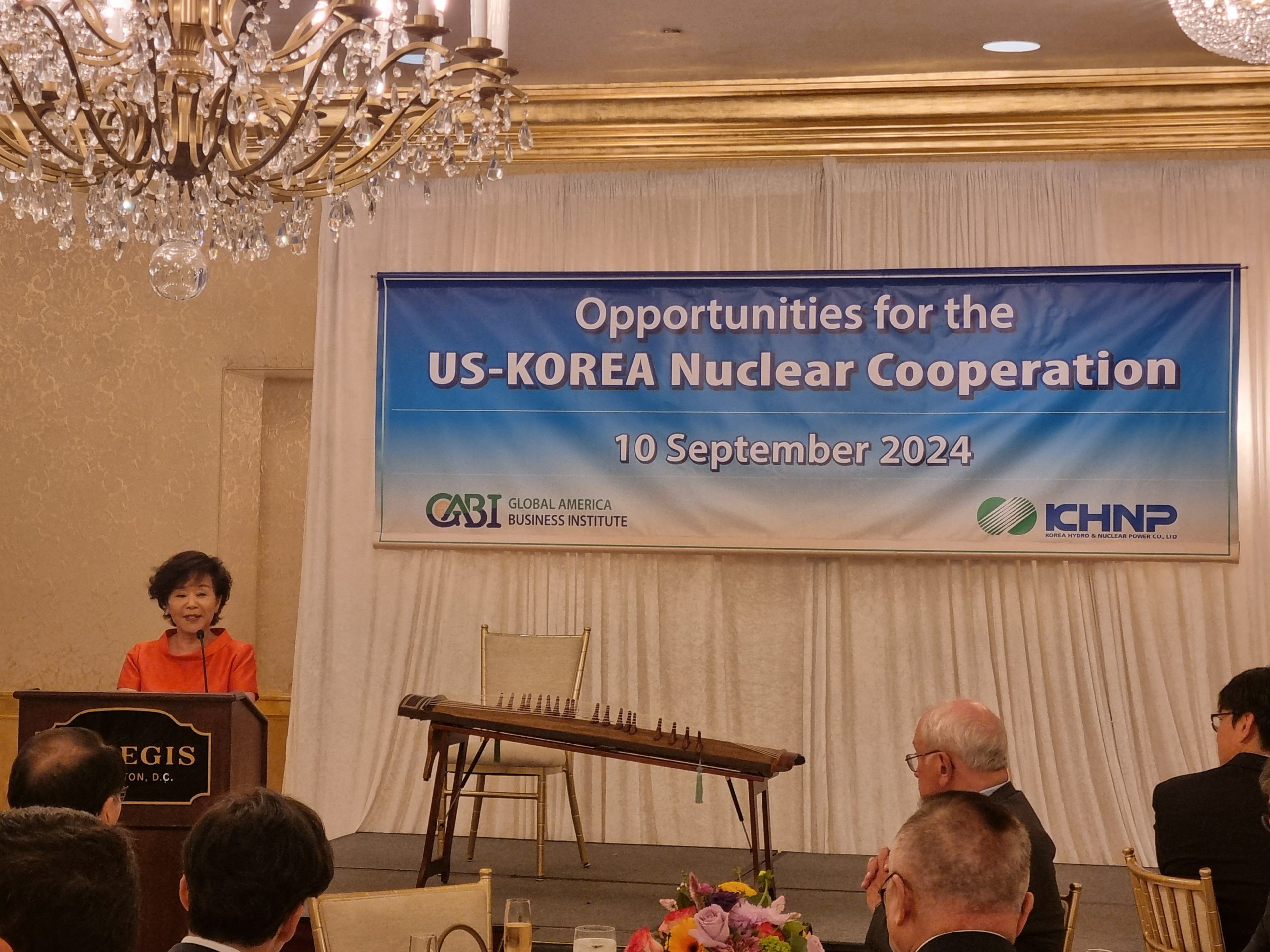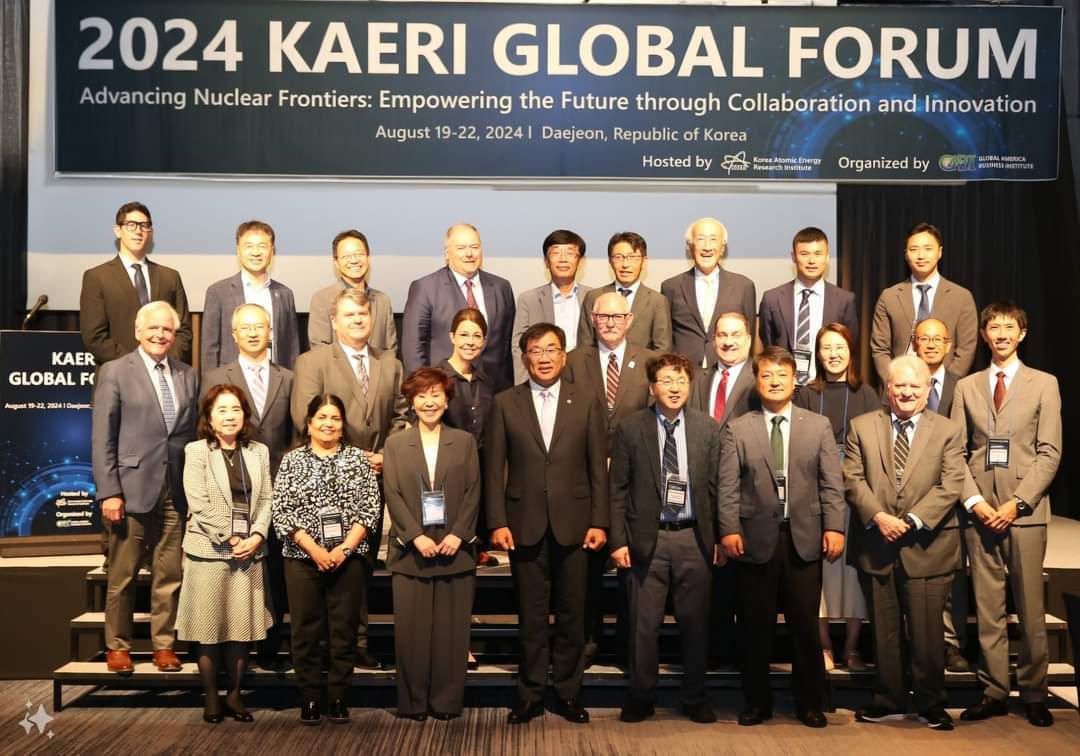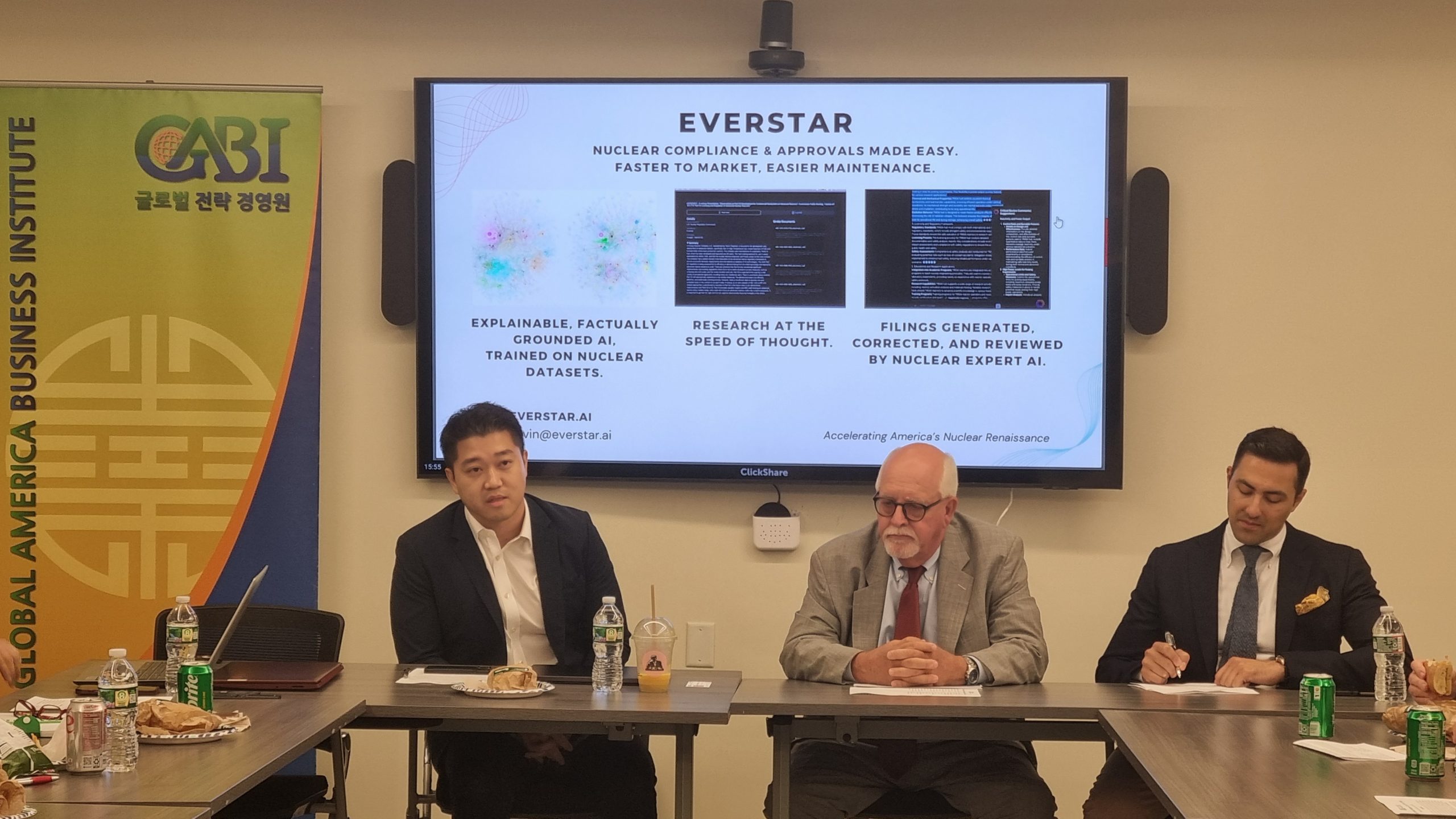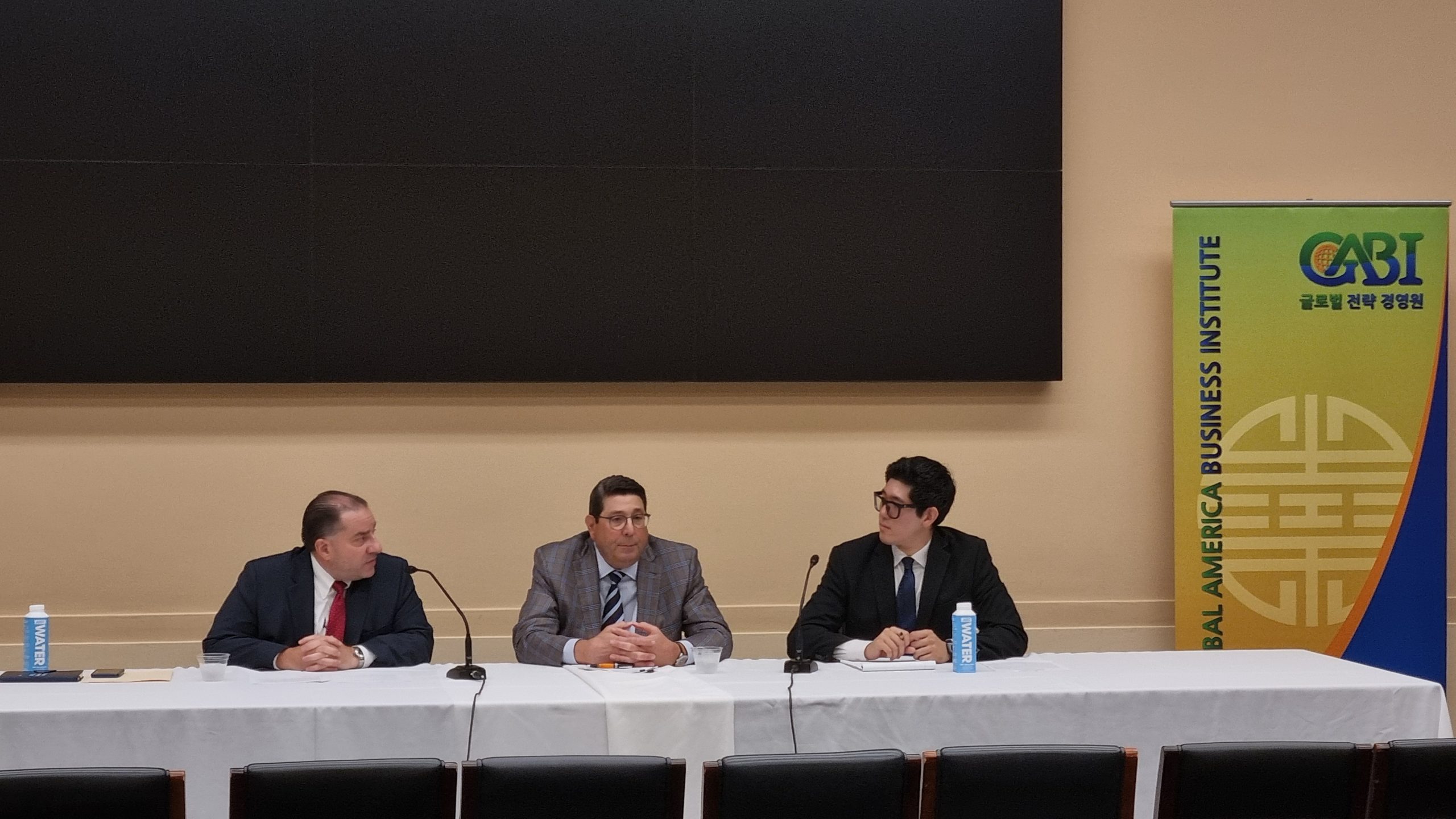March 26, 2015
Although the Gyeongju Low-to-Intermediate Level Waste (LILW) Repository has been cleared to begin operations, the path towards siting and establishing the repository was tortuous and fraught with numerous difficulties. Although the Korean government took various approaches towards repository siting, including basing siting decisions solely on geological and technical factors, targeting remote and less populous regions, offering compensation to potential host communities, and accepting voluntary applications, none of these individual measures were sufficient to ensure success and siting efforts were frequently met with vociferous, and sometimes violent, opposition. Ultimately, the national government combined the aforementioned approaches and introduced a competitive referendum process in 2005, leading to the decision to site the LILW repository in Gyeongju. Although the Gyeongju municipality won the repository bid through having the highest percentage of votes in favor (nearly 90%) of hosting the site, numerous challenges remain, including disagreements over the distribution of compensation, opposition from bordering cities and counties, and incidents of social disorder. With regards to national back-end siting programs, the Korean case suggests the importance of avoiding top-down approaches, careful and sustained consensus-building, and emphasizing economic development incentives as a means to persuade host candidates.

